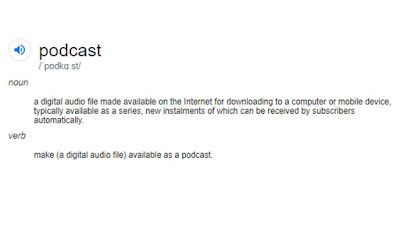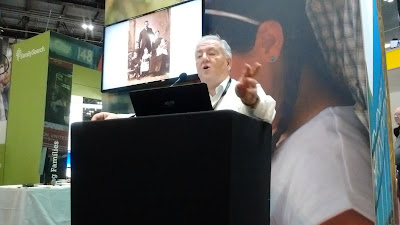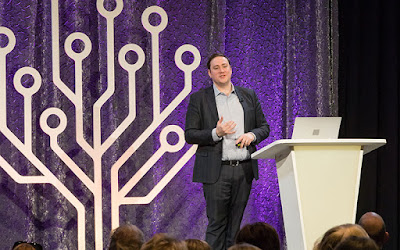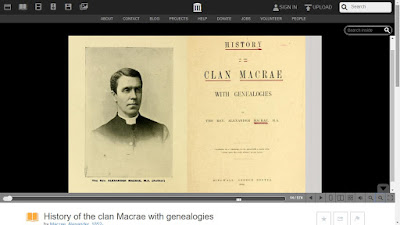Where do you
go when you need help with your family tree?
Maybe there’s a designated genealogist among your relatives, or in the
tradition of Who Wants To Be A Millionaire?, you phone a friend. Or you might write to a family history
magazine with your query and hope it gets published. But as those avenues don’t always provide the
solution you’re seeking, or in your timeframe, what should you try next?
The ideal is
to ask an expert, or someone with at least some more experience in the field
you’re researching. Perhaps surprisingly,
you can find people like that who are willing to help without charging
you. This post will explore some of the
options that you can try.
First of all,
however, it’s worth looking at how to describe your problem to others who know
nothing of your family. Great-uncle
Jimmy’s merchant navy career may be legendary among your immediate relatives, but
your potential helpers are meeting him for the first time, so be precise in
what you ask, and give enough information that will allow them to
identify a possible source. Rather than
say “Looking for navy records for Jimmy Black who died in 1951”, try “Looking
for merchant seaman’s records of any kind for James Alfred Black, born 1918,
Newcastle-upon-Tyne, died 1951, Liverpool”.
Many of the
online help sources you can use are organised like notice boards, so use a
brief subject line such as “Merchant Navy records” to highlight the likely
source of information you’re looking for.
And now,
where are these sources you can turn to with your queries?
Most archives
and record offices will have general help sections on their websites. These will have information about the records
they hold and the kind of details these may provide about your ancestors. If your question is simply a matter of
understanding what records they have, or the nature of their contents, this is
a good place to start.
If your query
is more detailed, try one of these:
#AncestryHour Every Tuesday at 7pm UK standard time,
Twitter hosts an hour of discussion, questions and answers purely about family
history. Anyone can join in and ask a
question, and you may even get an answer during the hour from another
genealogist! If not, you’re likely to
get some solid suggestions of where to turn for advice. Use the hashtag #AncestryHour to see the
posts and comments.
WalkMyPast Imagine you’ve discovered a long-lost
branch of your family, and now you know why they’ve been lost for so long –
they emigrated to the other side of the world!
You would love to visit the quayside where they arrived, see the house
they built, or the farm they worked, but it’s just not feasible. Fear not, help is at hand in the form of
“genies” – volunteer genealogists who live in or near your family’s new home overseas. With WalkMyPast, you can identify a genie who
is willing to transcribe headstones, take photos, or look up records on your
behalf. Search the site by place to find
out who you might contact to ask for assistance. Genies are located around the world including
places in Europe, North America, the British Isles, and the Antipodes.
Who Do You Think You Are? magazine offers both traditional and
digital forms of help with your brick walls.
Its online forum is divided into different areas of
focus where you can share problems and queries in fields such as military
history and photo identification. You
can also swap your unwanted certificates with others who have similar interests,
and join in discussions about various genealogical topics, or the latest
episode of the magazine’s associated TV programme.
A perhaps
lesser-known part of FamilySearch.org’s offering is its research groups. These cover countries ranging from
Albania to Zimbabwe, and specialised topics like genetic genealogy and Jewish
research. Joining one or more of these
groups can connect you with like-minded family historians and give you
opportunities to ask your questions.
Each of the above online resources is free to register
with and use, and they allow you to not only receive help but to give it in
return. Being part of a virtual
genealogy community can open up avenues of research and inspire you to try
different methods to solve those family history mysteries that have baffled you
for too long!


























